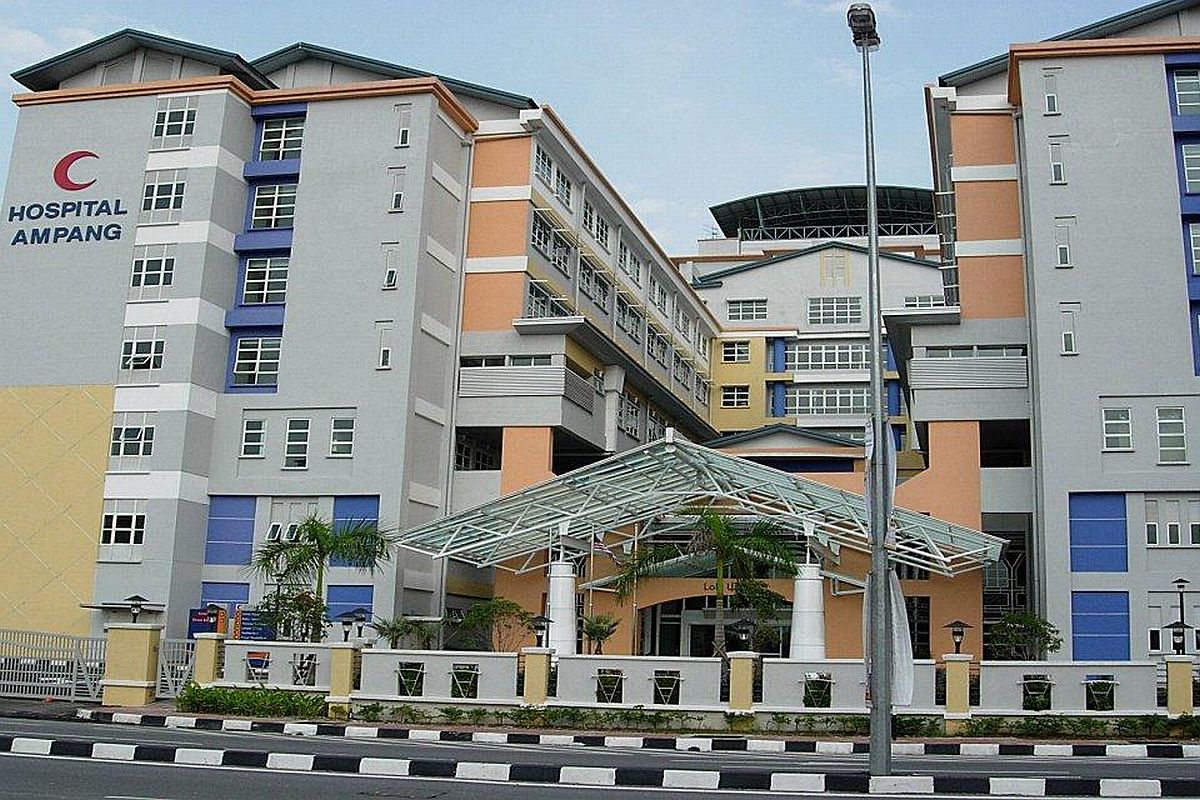I am a specialist at the Ampang public hospital. I have been attached to the medical department since last year.
Since I joined the department, I noticed large numbers of medical officers – estimated at more than 20 – quitting their jobs with 24 hours’ to 30 days’ notice, the main reason being to join the private health care sector.
I asked some of them personally to understand their struggles. What I came to know is as follows:
First, there is a lack of house officers to carry out on-the-ground duties such as blood-taking, clerking patients, documentation, radiology requests, filling in forms, and so on.
What is happening now is that medical officers have to take on the double role of house officer and medical officer. This has created massive frustration and increased workloads. In a few months’ time, district hospitals will no longer have any house officers available to be trained.
Second, prolonged time in contract positions has led medical officers to lose motivation to continue working, as their salaries remain the same, and there is no clear road to progress by enrolling in parallel pathway programmes or Master’s programmes.
Third, there is a lack of manpower for a district hospital like Ampang Hospital with multiple subspecialities. Currently, we have general medicine with four wards (40 to 50 patients each), nephrology, infectious disease, medical lodger wards, endocrine, palliative, rheumatology, gastroenterology, MOPD with 130 patients each day, emergency case coverage, and on-calls.
We are now down to 35 medical officers, with around 10 house officers and 10 specialists. This unequal distribution of the workload is increasing day by day, concurrently with a rising number of patients. We are unable to match our manpower to the patient load and provide optimum service.
A lack of motivation has driven junior doctors to quit the service.
Yesterday, we held a farewell for nearly 13 doctors. Five medical officers quit the medical department, seven are leaving to study for their Master’s degrees, and three have expressed their intention to submit their resignation letters by next month.
Another five medical officers are currently on maternity leave.
It is becoming nearly impossible to retain doctors without any proper retention directive from the Ministry of Health (MOH).
The resignations of medical officers are caused by multiple issues. These include the shortage of housemen, increasing frustration with the lack of manpower, contract positions, and mismatched salaries.
We also face other issues such as a toxic work culture, but all of this comes down to manpower shortage.
I am also frustrated that some medical officers are not interested to progress to become specialists.
Another issue that I want to bring up is that those who obtain permanent postings are posted to Sabah or Sarawak, instead of being retained in their current departments, despite a lack of medical officers.
Large numbers of medical officers have been transferred out in the last few months to permanent postings outside our hospital. When we asked the human resource department why, they told us there are no placement slots in Ampang Hospital.
This has indirectly contributed to the resignations of medical officers and/or refusals to take up permanent positions. We had a medical officer who passed his PACES exam, but subsequently rejected his offer of a permanent post.
Currently, he is not able to be gazetted under the MOH and has to leave the public health care service as his contract has expired and cannot be renewed.
We are heading towards a health care crisis and I am worried what the future holds for all of us if this goes on.
I hope we will have a positive outcome in order to prevent the public health care service from collapsing.
CodeBlue is granting the author anonymity because civil servants are prohibited from writing to the press.
- This is the personal opinion of the writer or publication and does not necessarily represent the views of CodeBlue.






